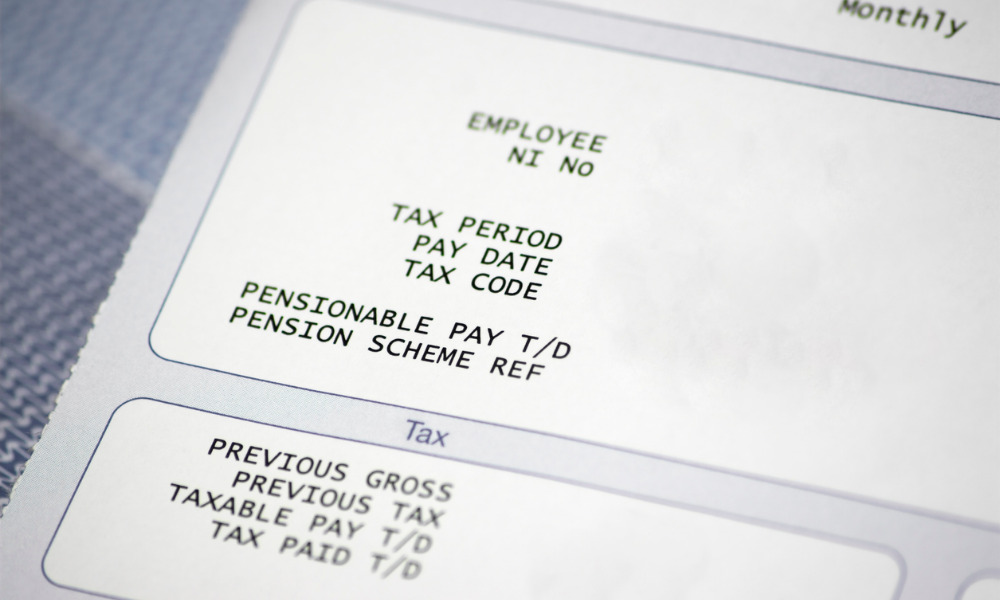Employers likely to struggle to meet even their existing payroll budgets in 2023, CFIB warns

Working Canadians are just weeks away from potentially taking home less of their paycheques due to a conflagration of payroll tax and contribution increases, warns the Canadian Federation of Independent Business (CFIB).
Unless their employer can make up the shortfall, every Canadian worker will get up to $305 less in take-home pay on January 1 because of the looming hike in payroll taxes in 2023.
Additionally, CFIB cautions that many firms may struggle to meet even their current payroll budgets as a result of Employment Insurance (EI) and Canada Pension Plan (CPP) increases of up to 6.7%.
Due to increases in both the CPP rate and the Yearly Maximum Pensionable Earnings (YMPE), the CPP premiums alone will increase by up to 7.3% as of January 1. This will result in up to $255 more per employee in payments from both employees and employers.
Additionally, on January 1, companies' Employment Insurance (EI) rates might rise by as much as 5.2% per employee. The combined cost of the CPP and EI hikes may inflate employers' costs by up to $325 per employee, a 6.7% increase from 2022.
"The maximum additional amount that an employee will pay in EI and CPP contributions is $304.71. It may not seem like a lot, but $300 can cost one family a trip to the grocery store or pay for their transportation or utility bills. Payroll tax increases will hit Canadians at a time when most are already seeing their cost of living quickly increase," said Dan Kelly, president at CFIB.
"The hikes will also affect small businesses. With rising input costs, staggering labour shortages and a potential recession, the economy is already in a bad shape. At minimum, government should be pressing pause until inflation is under control."
According to CFIB, few small firms have the capacity to increase pay in line with the CPP and EI hikes. According to the most recent Small Business Recovery Dashboard, more than half (52%) of small firms in Canada still have not recovered to their normal revenue levels.
More than half (58%) of small businesses are also still saddled with pandemic-related debt, with the average indebted entrepreneur owing $114,000.
In a letter to Deputy Prime Minister Freeland, the CFIB implored the federal government to refrain from harming small companies further.
It urged Ottawa to collaborate with the provinces to either delay or offset the 2023 CPP increases, defer the 2023 EI increases, or create a refundable credit, akin to the 2015–16 Small Business Job Credit, to help balance the rate increases for small companies.



